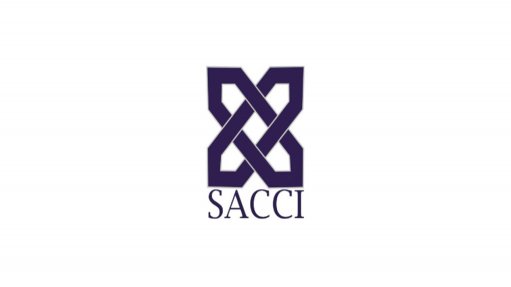
SACCI today released the September 2017 SACCI Business Confidence Index (BCI) at its Offices in Rosebank, Johannesburg.
The Business Confidence Index (BCI) of SACCI reflects the business climate that is market-related and recognizes economic developments that have a bearing on the business mood in South Africa. The Index therefore does not reflect business sentiment, but how businesses are reacting and how they are experiencing the prevailing business conditions.
After the SACCI BCI declined to its lowest level thus far in 2017 in August 2017, the Index recovered by 3.4 index points to 93.0 in September 2017. The BCI also improved on last year’s September level by 2.7 points. Although the business climate improved on August’s 2017 subdued business conditions, the slow growing economy still constrains business activity.
Seven of the thirteen sub-indices of the BCI reflected positive month-on-month (m/m) movements in the business climate between August 2017 and September 2017. Two sub-indicators had a negative impact and four did not change month-on-month. Two positive sub-indices were from the financial environment and five of the seven real economic sub-indices had a positive month-on-month impact on business confidence in September 2017.
Higher merchandise import and export volumes made notable contributions to the monthly improvement of the BCI in September 2017. No particular sub-indices made substantial negative monthly contributions to the BCI in September 2017.
Considerable higher merchandise exports volumes, lower inflation, a higher real value of building plans passed and improved new vehicle sales were the main contributors to the positive year-on-year impact on the BCI.
It concerns SACCI that real gross fixed capital formation declined in the 2nd quarter of 2017 and that fixed investment by the private sector continued its downward trend as investment in transport equipment and in residential and non-residential buildings diminished.
Apart from the economic impact on public finances, a number of public sector institutions, especially those operating as quasi enterprises, experience financial difficulties. This could have a negative effect when the credit rating agencies come up with their next assessment.
Aspects like slow economic growth, shortage of capital formation and restrained public finances, need a collective strong resolve to succeed and to enhance the necessary business and investor confidence to break the current negative trend line.
For a full background to this month’s SACCI BCI see the Economic Commentary in the BCI report on www.sacci.org.za.
Issued by SACCI